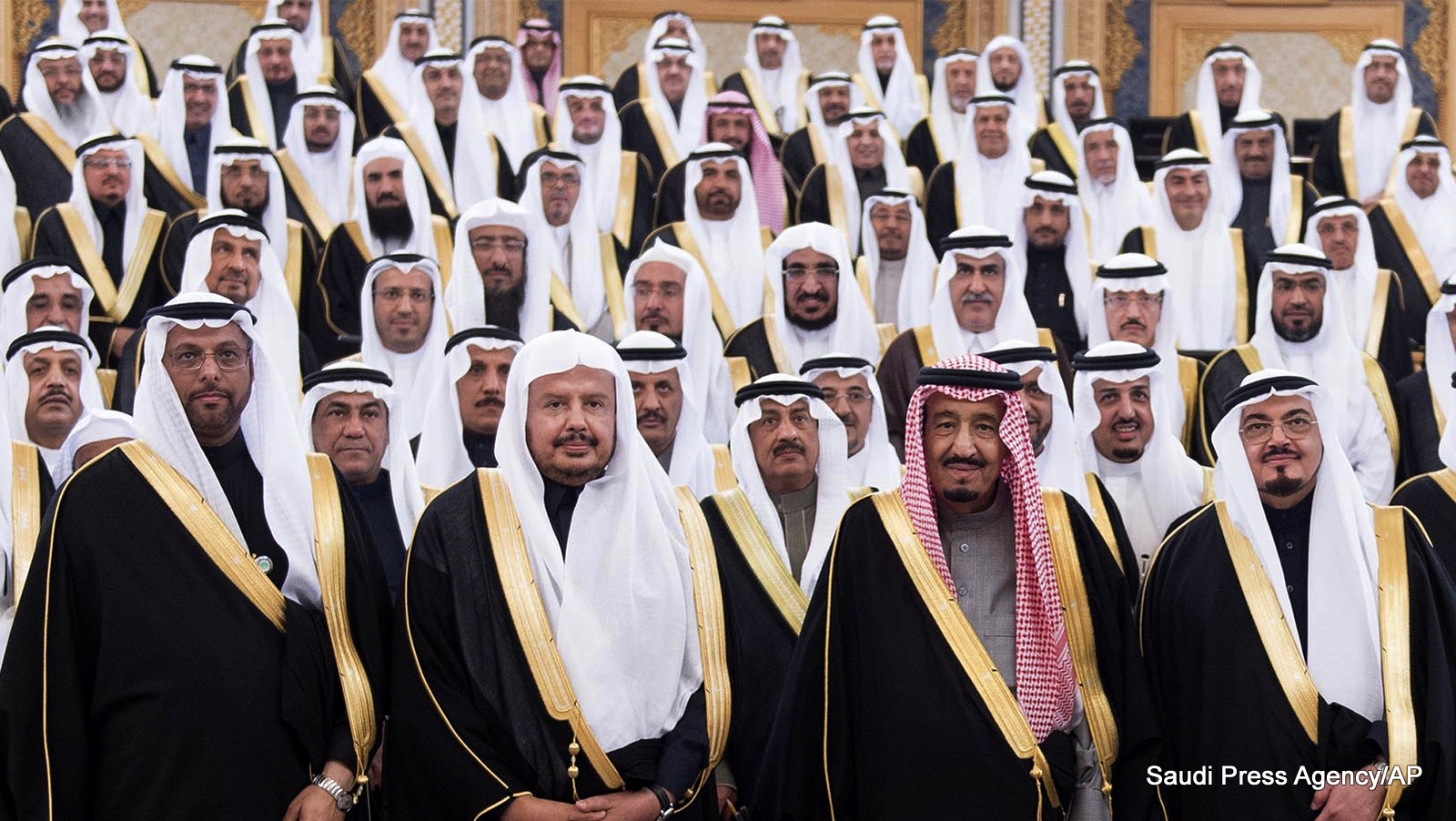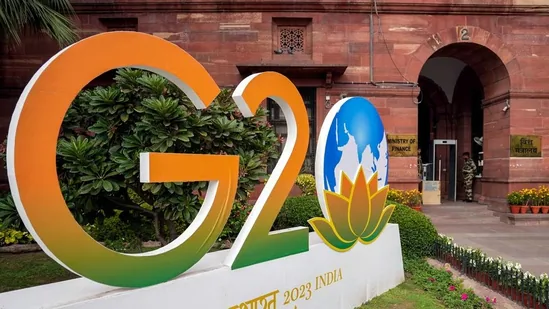
Election Process in the Kingdom of Saudi Arabia
With its storied historical legacy, dynamic cultural tapestry, and vast reservoirs of oil wealth, the Kingdom of Saudi Arabia has embarked on a deliberate journey of political transformation in recent times, a journey marked by the introduction of municipal elections that provides a window, albeit somewhat constrained, into the evolving terrain of the country’s electoral practices. In the following discussion, we shall embark on an exploration of the core elements that constitute the election process in Saudi Arabia.

Read more.. So When is the Next Federal Australia Election?
Read more.. Russia’s 2024 Presidential Election: the Future Political Landscape
Historical Background
The journey towards political reform in Saudi Arabia has been intricate and lengthy. Historically, the nation operated as an absolute monarchy, with the king wielding supreme authority. The transformation of the political landscape commenced with the inauguration of municipal elections in 2005, marking a substantial shift towards inclusivity and representation in the nation’s decision-making processes.

Read more.. Innovative Business Idea Concepts That Will Redefine Industries
Read more.. How to Take Baby Names Related to Navratri on 2023
Types of Elections
Saudi Arabia conducts two distinct types of elections:
1. Municipal Elections: These are the more prominent and established elections in the country. They are held to select members for municipal councils, which oversee local governance and infrastructure development. Since their inception in 2005, municipal elections have been conducted in multiple cycles.
2. Shura Council Appointments: The Shura Council, an advisory body comprising 150 members, is appointed by the king. Though not a conventional election, these appointments are noteworthy for their inclusion of women since 2013.
Voter Eligibility
To be eligible to participate in municipal elections, voters must meet specific criteria, including Saudi citizenship, a minimum age of 18, registration in the electoral register, and, for male voters, completion of military service or exemption from it.
Candidate Eligibility
Candidates for municipal elections must meet certain prerequisites, such as Saudi citizenship, a minimum age of 30, residency in the municipality they intend to represent for a specified period, a clean record without convictions that breach public trust, and legal competence.
Participation of Women
A momentous stride in recent history materialized with the integration of women into the realms of voting and candidacy, as Saudi women, in the year 2015, exercised their fundamental right to vote and stepped forward as candidates in municipal elections, a watershed moment within a nation where women’s engagement in public affairs had long been restricted.
Election Process
The electoral process in Saudi Arabia follows a relatively straightforward sequence:
1. Nomination: Eligible candidates must nominate themselves during the designated nomination period.
2. Campaigning: Campaigning is permitted within specific guidelines and regulations.
3. Voting: Citizens who meet the eligibility criteria can cast their votes at assigned polling stations, with voting conducted under strict supervision.
4. Counting and Results: Following the closure of the polls, the votes are counted, and results are announced. The victors are declared as members of the municipal council.
5. Council Operations: Elected members then collaborate with local authorities to address community issues and enhance their municipalities.
Challenges and Future Outlook
While the introduction of elections in Saudi Arabia undeniably represents a positive stride towards political reform, numerous challenges persist. The electoral process remains limited in scope, focusing primarily on local governance. The country continues to navigate the delicate balance between its traditional values and aspirations for modernization.
The future may hold opportunities for expanding the electoral process to higher offices and incorporating further democratic practices. Nevertheless, as of now, municipal elections symbolize a promising initial step towards increased political participation in the Kingdom of Saudi Arabia.


